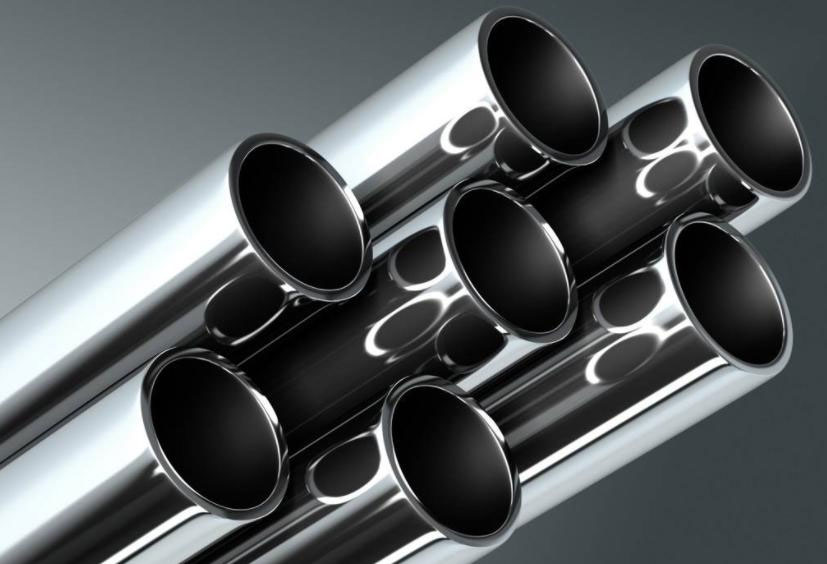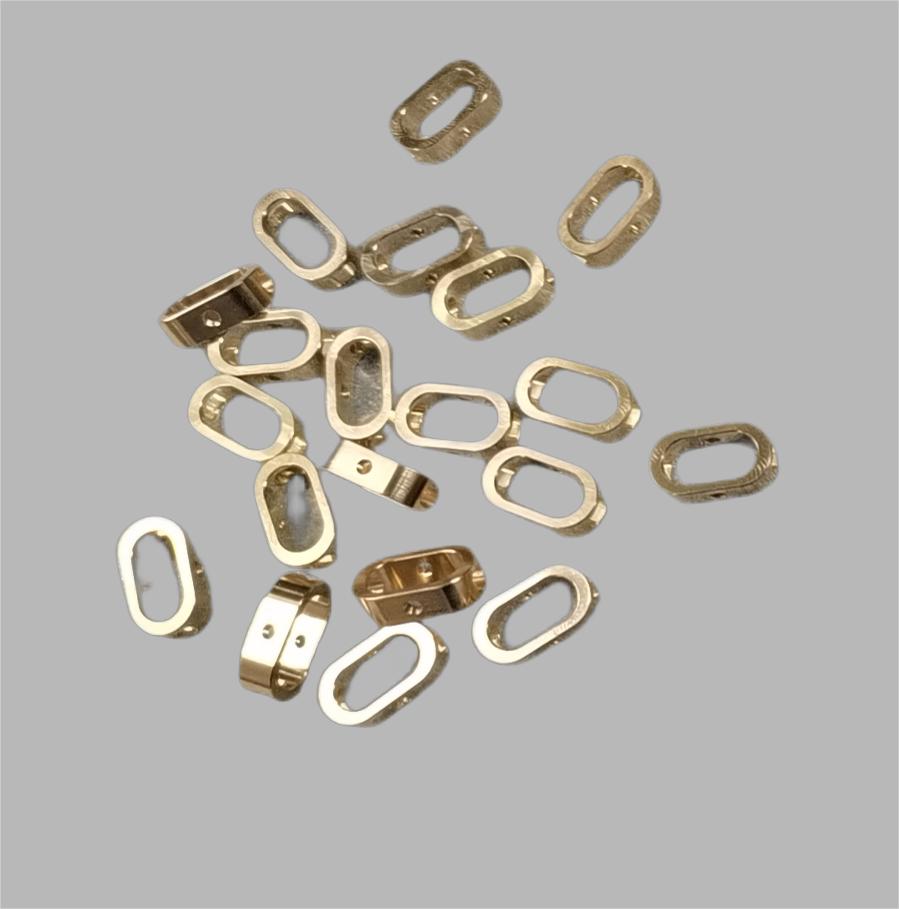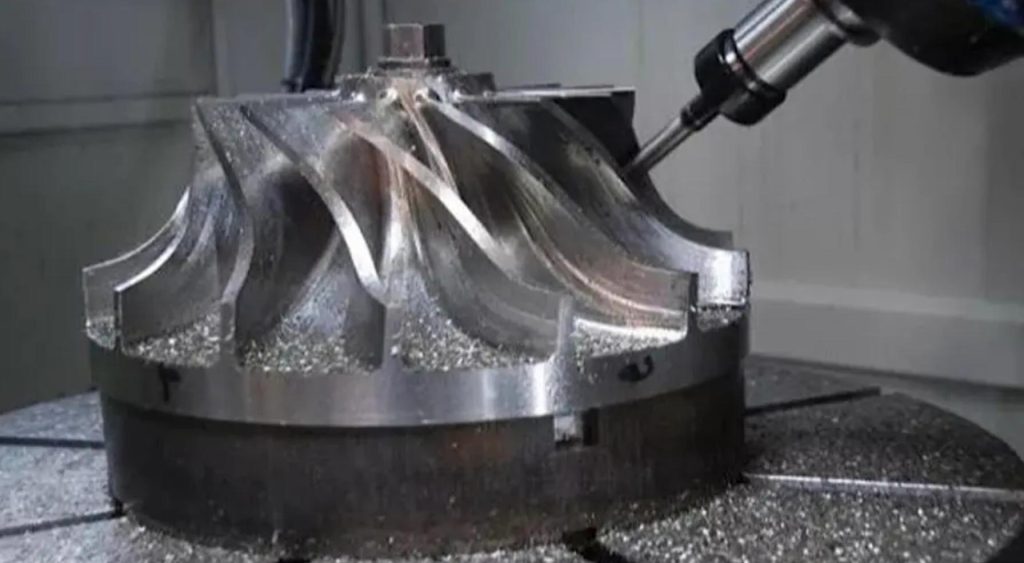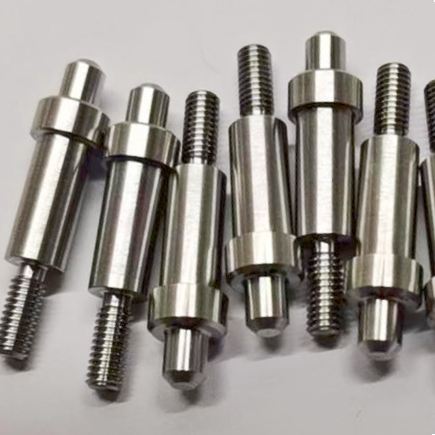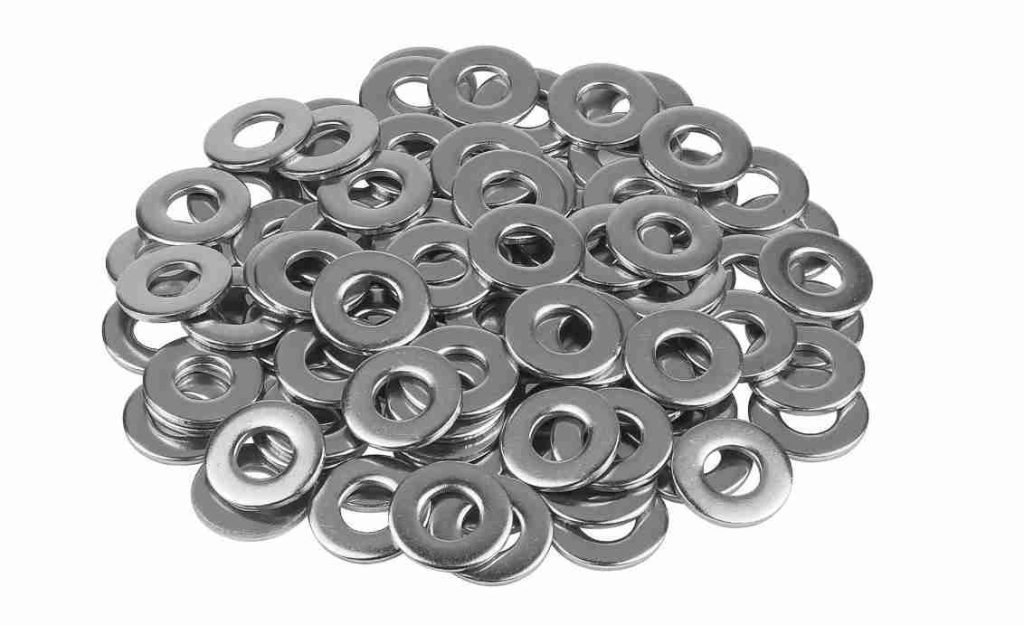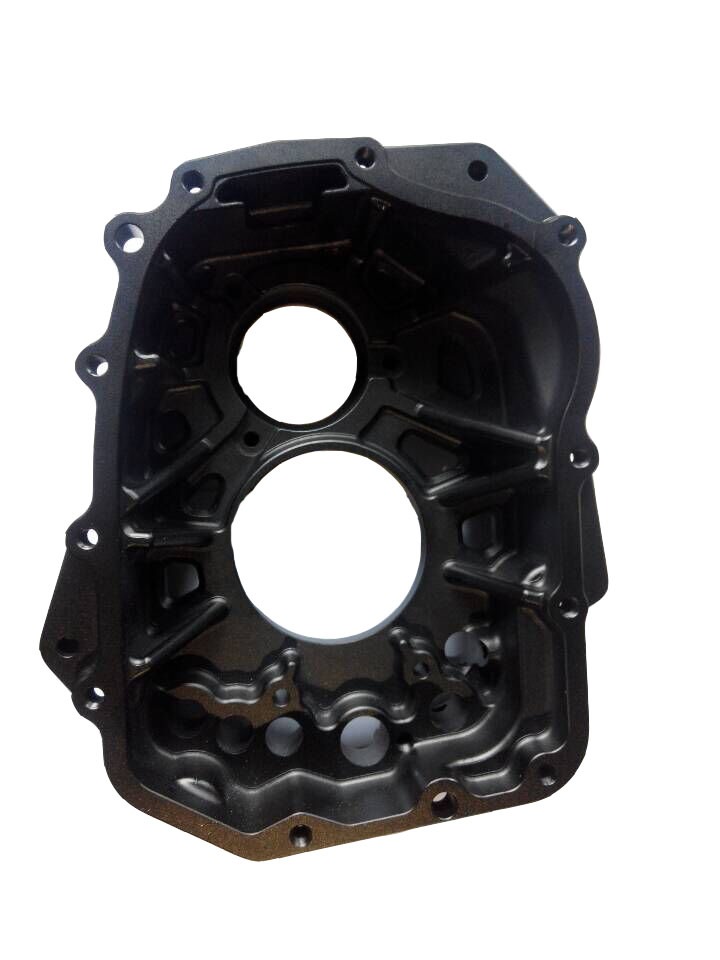ABS (Acrylonitrile Butadiene Styrene) is a versatile thermoplastic polymer widely used in various industries due to its desirable properties and ease of processing. When combined with CNC (Computer Numerical Control) machining, ABS offers a powerful solution for creating a wide range of parts and components. CNC machining expert JTR will explore the advantages of choosing ABS for your next CNC machining project, including its mechanical properties, finishing options, and suitability for complex parts.
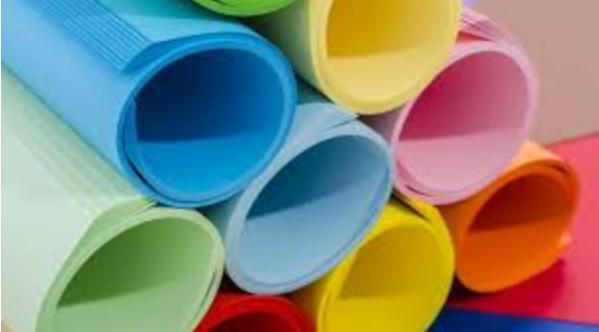
Why Choose ABS for CNC Machining?
ABS is a popular choice for CNC machining due to its versatility, ease of processing, and desirable properties. Here’s a breakdown of why ABS is a preferred material for CNC machining:
| Mechanical Properties | Impact Resistance | ABS is known for its excellent impact resistance, making it suitable for applications where the parts may be subjected to shocks or drops. |
| Stiffness | ABS offers good stiffness, ensuring that parts maintain their shape and do not deform under load. | |
| Dimensional Stability | ABS has low shrinkage and creep, ensuring that machined parts retain their precise dimensions over time. | |
| Processing Benefits | Machinability | ABS is a highly machinable material, meaning it can be easily cut and shaped using CNC milling machines. This reduces machining times and costs. |
| Finishing Ease | ABS is relatively easy to finish using various methods, including sanding, polishing, painting, and plating. This allows for a wide range of aesthetic and functional finishes. | |
| Cost-Effectiveness | ABS is generally more affordable than many other engineering plastics, making it a cost-effective choice for CNC machining. | |
| Versatility | Wide Range of Applications | ABS is used in a variety of industries, including automotive, electronics, consumer goods, and medical devices. Its versatility makes it suitable for a wide range of parts and components. |
| Chemical Resistance | ABS is resistant to many common chemicals, including aliphatic hydrocarbons, alcohols, and weak acids and bases. This makes it suitable for applications where the parts may be exposed to chemicals. | |
| Weather Resistance | ABS is generally weather-resistant, making it suitable for outdoor applications. | |
| Environmental Considerations | Recyclability | ABS is a recyclable material, which can contribute to sustainability efforts. |
ABS offers a combination of mechanical properties, processing ease, versatility, and environmental friendliness that make it an excellent choice for CNC machining. Its suitability for a wide range of applications and its affordability make it a popular choice among manufacturers.
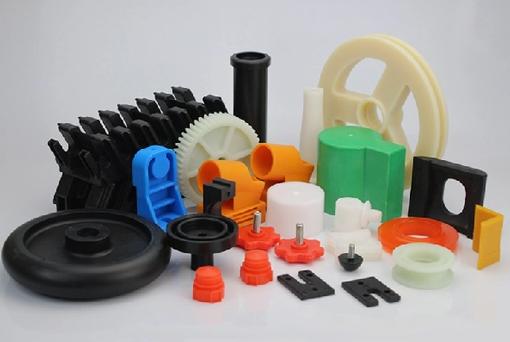
What Finishing Options Are Available for CNC Machining ABS Parts?
Once an ABS part has been machined, it often requires additional finishing to achieve the desired appearance, functionality, or surface properties. Here are some common finishing options:
Mechanical Finishing
- Sanding: Smoothing the surface of the part using sandpaper or abrasive discs. This can be done by hand or using automated sanding machines.
- Polishing: Further refining the surface to achieve a high-gloss finish. Polishing can be done using buffing wheels or polishing compounds.
Chemical Finishing
- Painting: Applying a coating of paint to the surface of the part to improve its appearance, durability, or corrosion resistance. ABS can be painted with a variety of paints, including acrylic, polyurethane, and powder coatings.
- Plating: Applying a thin layer of metal to the surface of the part to enhance its appearance, corrosion resistance, or conductivity. Common plating options for ABS include chrome, nickel, and gold.
The choice of finishing method depends on the specific requirements of the application. For example, a part that needs to have a specific color or appearance might be best suited for painting. It’s important to note that some finishing methods may affect the mechanical properties of the ABS part. For example, painting or plating can reduce the part’s impact resistance or flexibility. Therefore, it’s essential to consider the desired properties of the finished part when selecting a finishing method.
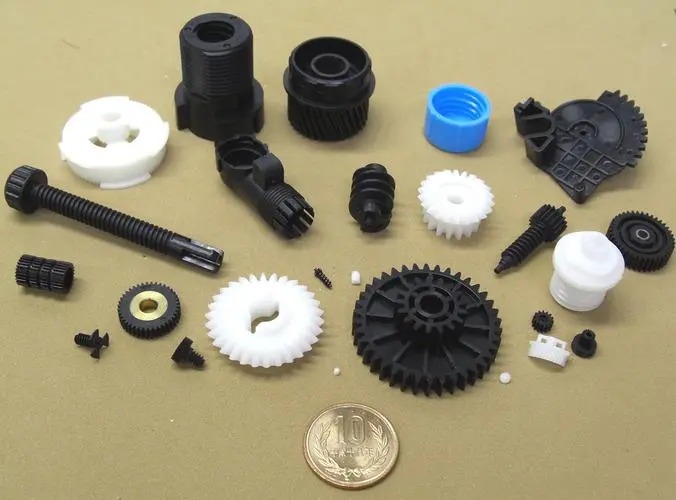
Can ABS Be Used for Complex Parts?
Yes, ABS can be used for complex parts. Its versatility and machinability make it well-suited for creating intricate shapes and features. Here’s a breakdown of how ABS can be used for complex parts:
- CNC Machining Capabilities: CNC (Computer Numerical Control) machining allows for precise control over the cutting process, enabling the creation of complex geometries with high accuracy. ABS is a highly machinable material, meaning it can be easily cut and shaped using CNC milling machines.
- Tolerance Control: ABS can be machined to tight tolerances, ensuring that parts meet the required specifications and fit together properly.
- Intricate Details: CNC machining allows for the creation of fine details, such as small holes, threads, and undercuts.
- Prototyping: ABS is often used for prototyping complex parts due to its relatively low cost and quick turnaround time. Prototypes can be iterated upon to refine the design before moving to production.
- Functional Parts: ABS can be used to create functional parts, such as gears, brackets, and housings. Its mechanical properties and versatility make it suitable for a wide range of applications.
While ABS is a versatile material, there may be limitations depending on the specific complexity of the part. Factors such as part size, wall thickness, and undercuts can influence the feasibility of using ABS for complex parts. It’s always recommended to consult with a manufacturing expert to determine if ABS is the best material for a particular application.
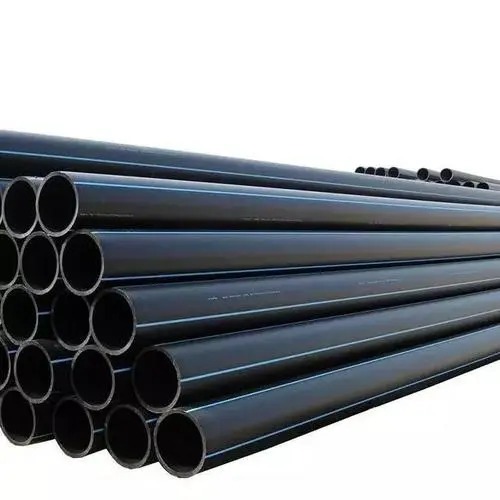
Making the Most of ABS in CNC Machining
ABS is an excellent choice for CNC machining due to its versatility, mechanical properties, and ease of processing. Its impact resistance, stiffness, and dimensional stability make it suitable for a wide range of applications. Additionally, ABS offers various finishing options, including sanding, polishing, painting, and plating, allowing for customization to meet specific requirements. While ABS can be used for complex parts, it’s important to consider factors such as part size, wall thickness, and undercuts. By carefully evaluating your project’s needs, you can determine if ABS is the ideal material for your next CNC machining endeavor. CNC machining service provider JTR will give you the whole project support.


